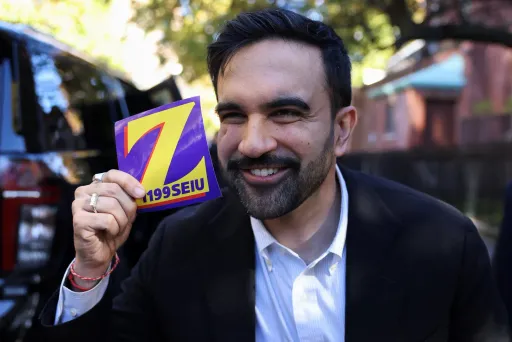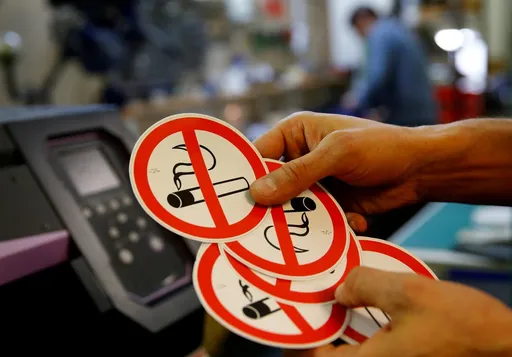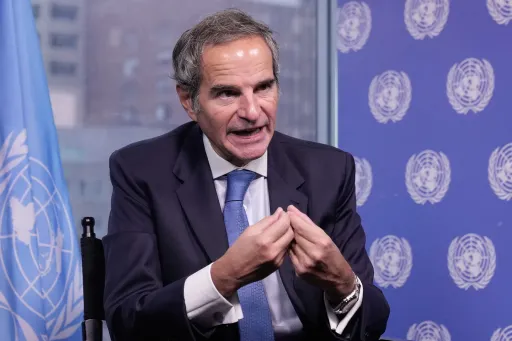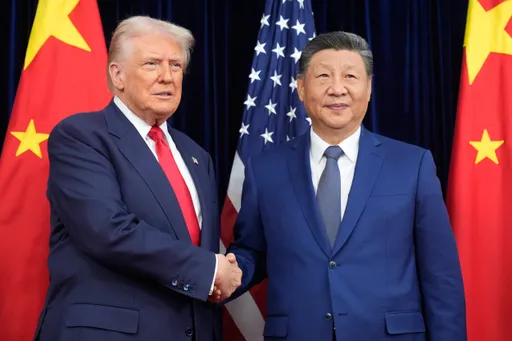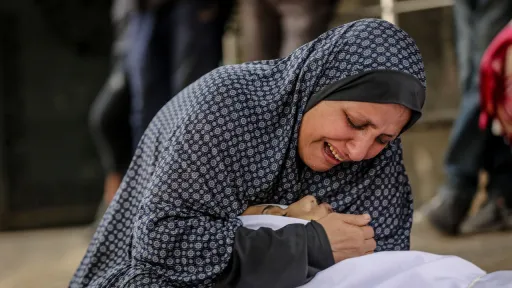By Sylvia Chebet
Gabon has become the latest country in Africa to experience a coup after soldiers from the Presidential Guard removed President Ali Bongo from power on Wednesday morning.
Hours later, the mutinous soldiers appointed Gen. Brice Clotaire Oligui Nguema, the head of the guard, as the new leader of the country.
The military struck just after the ousted President Ali Bongo was declared winner of the country's controversial presidential election hoping to start his 7-year third term in office. He had been in power since 2009.
Bongo's main challenger at the polls was Albert Ondo Ossa who was backed by several other opposition candidates who teamed up just days to the elections.
The opposition had rejected the election results as fraudulent. Observers had also faulted the election as not being transparent after the internet was shut down and several international media banned.
'Very few imagined it'
Despite complaints about the elections, Bongo's ouster shortly after the announcement of his victory, was swift and unexpected according to some political analysts.
"Very few people could imagine that we would end up with a coup d’état. And this is due just to the stronghold of the Bongo family and the Bongo system and the administrative machinery in Gabon, the electoral machinery, but also the security apparatus," Remadji Hoinathy, Senior researcher at the Institute for Security Studies Africa said.
Ali Bongo Ondimba, 64, has served two terms since coming to power in 2009 after the death of his father, Omar, who ruled the country for 42 years.
So quick
There had been discontent over alleged corruption and poor governance under the Bongo political dynasty which has ruled the oil-rich Central African nation for nearly 56 years.
“The timing of the coup, following the announcement of the implausible electoral results, and the speed with which the junta is moving suggests this was planned in advance,” said Joseph Siegle, director of research at the Africa Center for Strategic Studies.
This is not the first time Ali Bongo was targeted by putschists. In January 2019, a group of mutinous soldiers attempted to overthrow him but was quickly overpowered and the attempt foiled. Five years later, the military has now succeeded in removing him from the top seat.
Bongo, who suffered a stroke in 2018 and walks with a cane, has been put under house arrest by the coup leaders. Several members of his cabinet and family have also been detained.
Wealth vs poverty
The president's family has been accused of endemic corruption and not letting the country’s oil wealth trickle down to the masses in a country of just 2.3 million people.
The former French colony is a member of OPEC, but its oil wealth is concentrated in the hands of a few. Gabon's oil export revenue was $6 billion in 2022, according to the US Energy Information Administration.
Nine members of the Bongo family, meanwhile, are under investigation in France, and some face preliminary charges of embezzlement, money laundering and other forms of corruption, according to Sherpa, a French NGO advocating accountability.
Investigators had linked the family to more than $92 million in properties in France, including two villas in Nice, the group said.
Meanwhile, nearly 40% of Gabonese aged 15 to 24 are unemployed according to a 2020 survey by the World Bank.
“Today we can only be happy," John Nze from Gabon told the AP news agency, adding: “The country’s past situation handicapped everyone. There were no jobs. If the Gabonese are happy, it’s because they were hurting under the Bongos”.
Gabon is the sixth country in Central Africa and West Africa to experience a coup since 2020.
The military takeover comes barely a month after Niger's democratically elected president Mohamed Bazoum was ousted by his guards.
The coups have raised concerns over governance with regional leaders trying to resolve the crises.




















